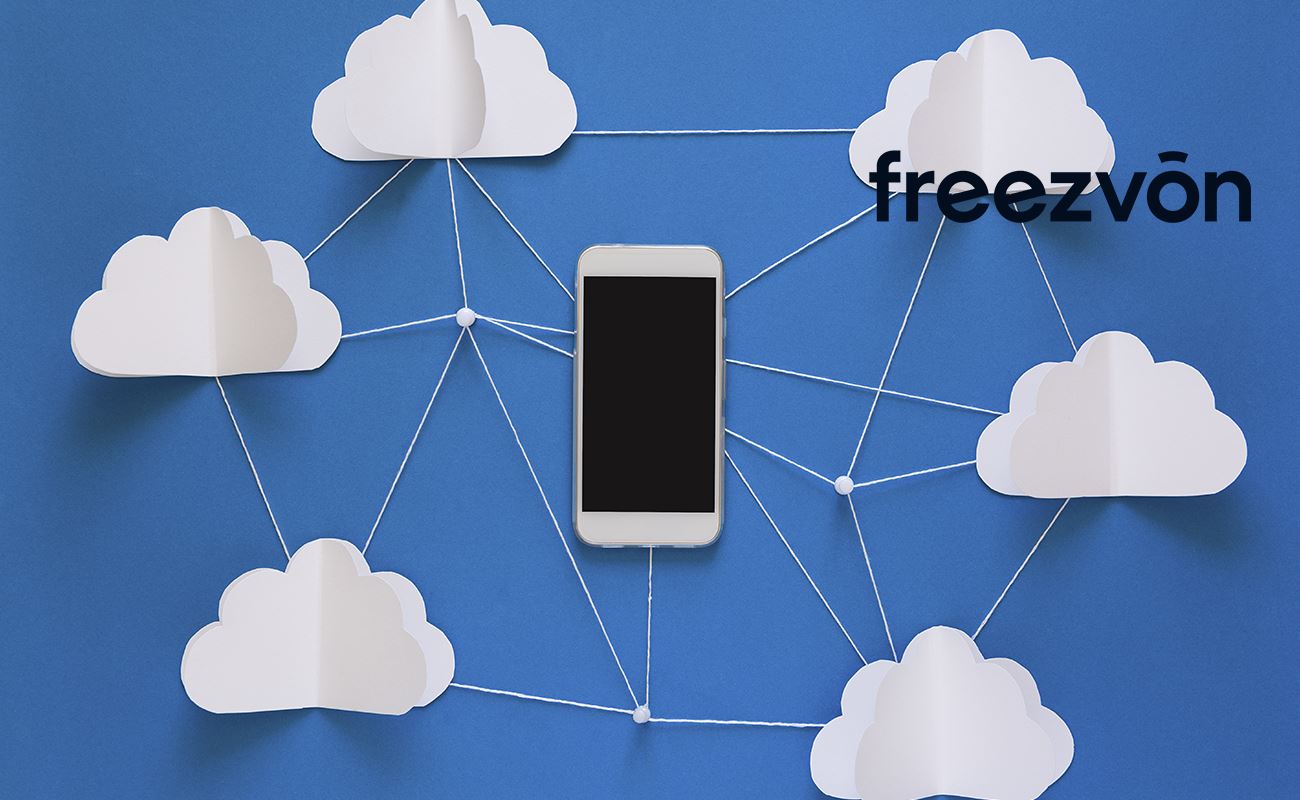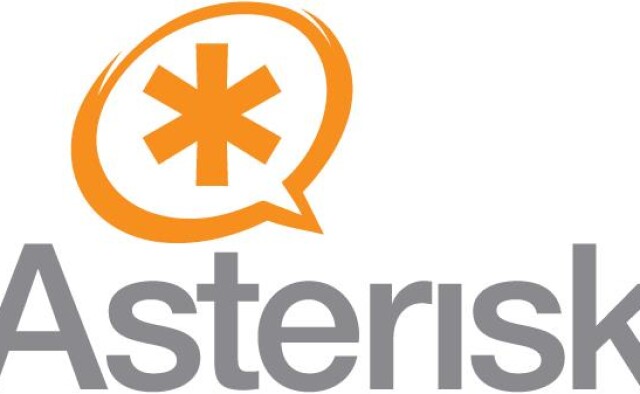CPaaS, or Communications Platform as a Service, is a cloud-based platform that enables developers to add real-time communication capabilities, such as voice, video, and messaging, into their applications. CPaaS provides a set of APIs that specialists can use to integrate communication features into their apps without the need for specialized hardware or software.
CPaaS peculiarities
Every CPaaS platform has several unique characteristics that set them apart from traditional connectivity solutions. Here are some of the key peculiarities of CPaaS.
- Cloud-based. All communication functions are hosted in the cloud with CPaaS. It enables businesses to build, customize, and integrate communication features into their own applications or websites.
- APIs. CPaaS platforms usually provide developers with APIs that make it simple for them to incorporate communication traits into their apps. Such a solution implies that organizations can rapidly and effectively add ongoing communication peculiarities to their current softwares or construct new communication apps without any preparation.
- Flexibility. CLaaS meaning is related to extreme adaptability. It can be customized to a company’s specific communication requirements. Businesses can select which interaction peculiarities they want to enable and how to set them up to meet their needs best. Businesses are able to develop a bespoke and cost-effective conversation solution.
CPaaS platforms can quickly scale up or down to meet a company’s needs. This means that businesses won't have to change their available communication specifics.
What is it for?
What is CPaaS? It’s a really rather useful solution. Businesses can provide customers with real-time communication options due to CPaaS. This considers more proficient and compelling contact, which can further develop consumer’s allegiance.
Companies receive analytics tools from CPaaS platforms that enable them to track and review communication information. This data can be used to better understand customer preferences and behavior in order to enhance customer satisfaction and business performance.
It is impossible to overemphasize the importance of CPaaS as it is a valuable tool for businesses looking to enhance their communication capabilities. However, it’s essential to understand the true CPaaS definition and that it’s not a magic solution that can solve all communication issues. Effective interaction involves more than just technology. It also requires clear strategies and practices, as well as trained and knowledgeable personnel. Therefore, a CPaaS can be a valuable asset for businesses but companies should carefully assess their communication needs and budget before deciding if CPaaS is the right solution for them. Of course, the CPaaS implementation should be performed only by specialists.
What companies can use CPaaS?
CPaaS can be used by a wide range of businesses.
- E-commerce companies. CPaaS can offer real-time communication with customers, such as chatbots for customer service and video calls for product demonstrations.
- Healthcare providers. It presents telemedicine services. We are talking about virtual consultations and remote patient monitoring.
- Financial institutions. CPaaS offers secure and compliant communication channels, such as two-factor authentication and secure messaging.
- Travel and hospitality businesses. The above-mentioned solution provides personalized communication and experiences to their customers (booking confirmations and travel alerts via messaging).
CPaaS can help education institutions use video conferencing and virtual classrooms. As for the transportation and logistics businesses, here a cloud-based platform offers real-time communication with customers and drivers. This refers to delivery status updates and real-time routing information.
Broadly speaking, any business that wants to enhance its communication capabilities, improve customer experience, and gain a competitive advantage can benefit from using CPaaS.
Benefits
- CPaaS helps businesses enhance their customer experience by offering modern communication channels like messaging and video calling.
- It allows businesses to choose which communication features they want to enable and configure them to suit their specific requirements.
- CPaaS platforms can easily scale up or down depending on the needs of the business, allowing them to add or remove communication features or increase or decrease the number of users without any disruption.
- It provides companies with analytics tools that allow them to monitor and analyze interaction data, gain insights into customer behavior and preferences, and optimize implemented strategies.
CPaaS allows businesses to innovate and differentiate themselves by adding unique and customized communication features to their applications. This enables organizations to stand out in a crowded market and provide a better customer experience.
Working with CPaaS can vary in difficulty depending on the level of technical expertise required for a particular use case. However, most CPaaS platforms offer user-friendly interfaces and API documentation that can make it easy for developers to integrate communication features into their apps.
A certain level of technical expertise may be needed to work with CPaaS platforms (depending on the complexity of the communication features required). However, most CPaaS platforms provide extensive documentation and support resources to help developers get started. The complexity of integrating CPaaS with existing applications can vary depending on the platform and the use case. If a business requires customized communication features, this can increase the complexity of working with CPaaS. Be that as it may, it is not so difficult to use the platform if you understand all the subtleties.



